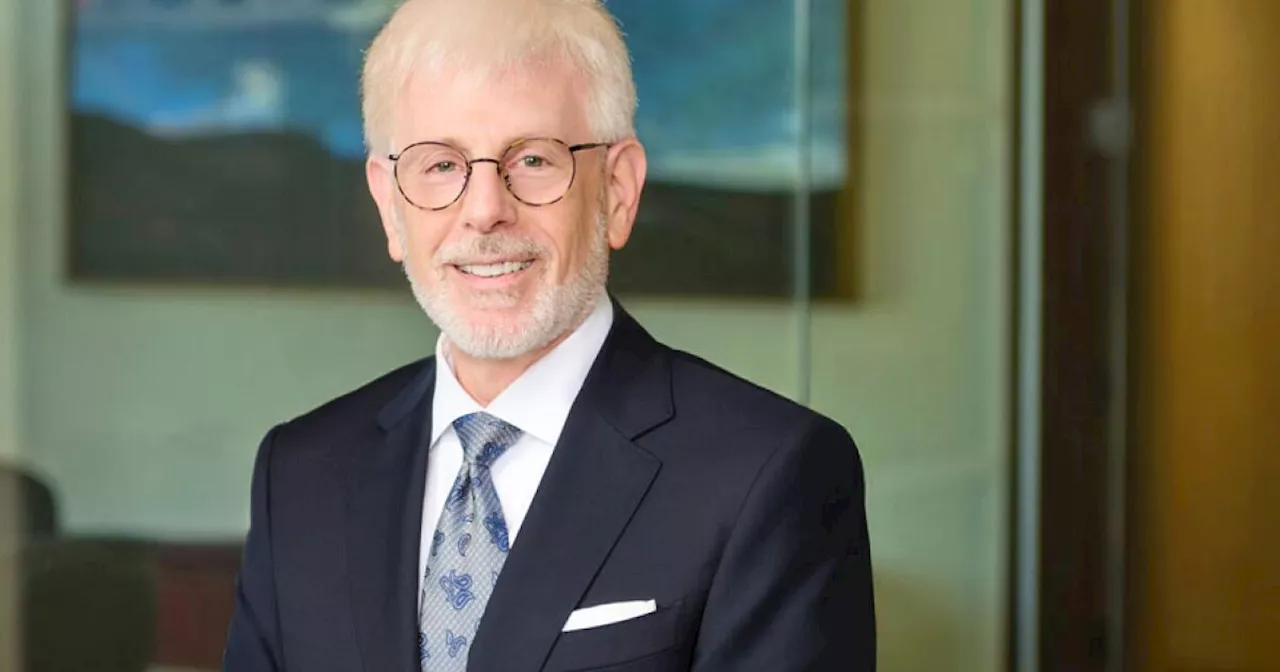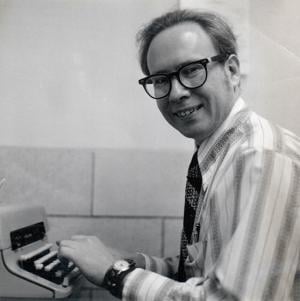UPDATE: In a surprising turn of events, renowned opinion writer David French of The New York Times has openly expressed his apprehensions about a potential revival of Christian sentiment in America, following the tragic murder of Charlie Kirk, founder of Turning Point USA. This incident has sparked a renewed interest in faith, with many Americans returning to church and engaging with their Bibles.
French’s article, titled “Something Is Stirring in Christian America, and It’s Making Me Nervous,” was published earlier today. He highlights how Kirk’s death has ignited discussions about a national revival among Christians. Despite the positive shift in church attendance, French cautions against what he terms a “sin of empathy,” suggesting that unchecked emotional responses could lead to the affirmation of moral wrongs.
In his piece, French warns believers against overly identifying with groups such as illegal immigrants, LGBTQ+ individuals, and women seeking abortions. He specifically criticized comments made by White House Deputy Chief of Staff Stephen Miller during Kirk’s memorial service, where Miller pledged to combat what he termed “leftist terrorism” for the sake of national security.
While French raises valid concerns, he also overlooks significant moments of faith displayed at the service, where numerous federal officials proclaimed the name of Jesus Christ to a global audience. This dissonance has prompted reactions from the conservative community, with figures like William Wolfe, Executive Director of the Center for Baptist Leadership, mocking French’s unease on social media. Wolfe stated, “David French is nervous. Good.”
Additionally, Megan Basham, a reporter for the Daily Wire, shared a screenshot of French’s article, questioning the authenticity of the revival movements, implying that there may be deeper issues at play. She captioned her post, “When demons might say the same thing, maybe the problem is you…”
As the Christian community grapples with this revival, the pressing question remains: Is this movement genuine? Many believers hope that this resurgence will lead to a collective desire to repent for national sins, such as abortion and moral decline. French’s fear-filled response raises serious questions about the motivations behind this revival, reminiscent of the trepidation often associated with significant spiritual awakenings.
The implications of this dialogue are profound, resonating throughout the nation as Christians reflect on their faith and its role in contemporary society. As discussions of revival continue to unfold, the response from prominent voices like French could significantly influence public perception and engagement among believers.
As this story develops, observers will be watching closely for signs of a genuine movement toward repentance and spiritual renewal, as well as the reactions from both supporters and critics within the faith community. The urgency of this moment cannot be overstated, as its significance may shape the future of Christianity in America.






